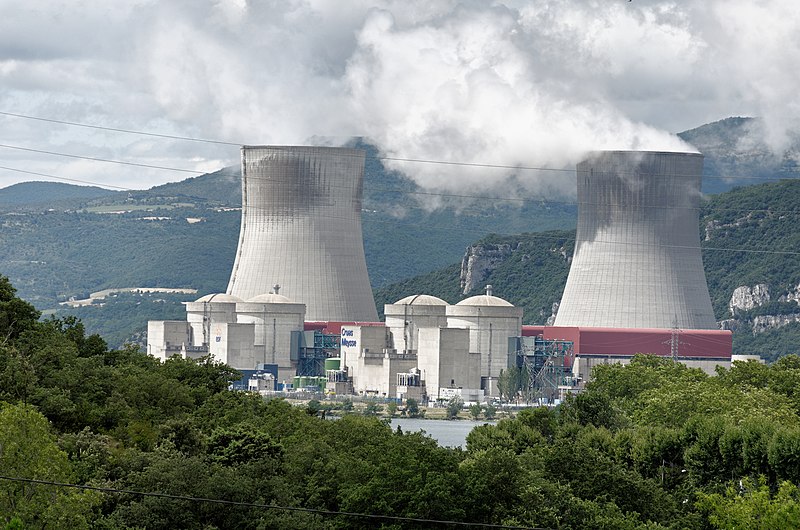
The inherent nature of nuclear energy aligns seamlessly with France's historical Jacobin tradition, necessitating a robust state apparatus. This stands in stark contrast to Germany, a federal
state where nuclear power evokes existential threats and the erosion of citizens' rights.
In 1967, French General Charles de Gaulle articulated the significance of technological accomplishments, especially in the context of nuclear facilities like Pierrelatte (now Tricastin) in southeastern France. His words underscored the perception that the nation's fate hinged on mastering this technology, then limited to a select few countries and born from military research.
Fast forward fifty years, and the French collective consciousness still closely links nuclear power to sovereignty and self-reliance. The French National Assembly's investigation in early 2023 into "the reasons behind France's loss of sovereignty and energy independence" succinctly reflects this sentiment without explicitly naming nuclear energy as the focal point.
However, this steadfast perception sharply contrasts with the viewpoint prevalent in Brussels, where it regularly clashes with Germany's nearly opposite stance. To grasp this divergence, it's crucial to delve into the political cultures of the two neighboring nations and understand how nuclear energy signifies divergent symbols. For France, it embodies military and strategic prowess, while in Germany, it signifies existential peril and societal degradation. Photo by Yelkrokoyade, Wikimedia commons.






































